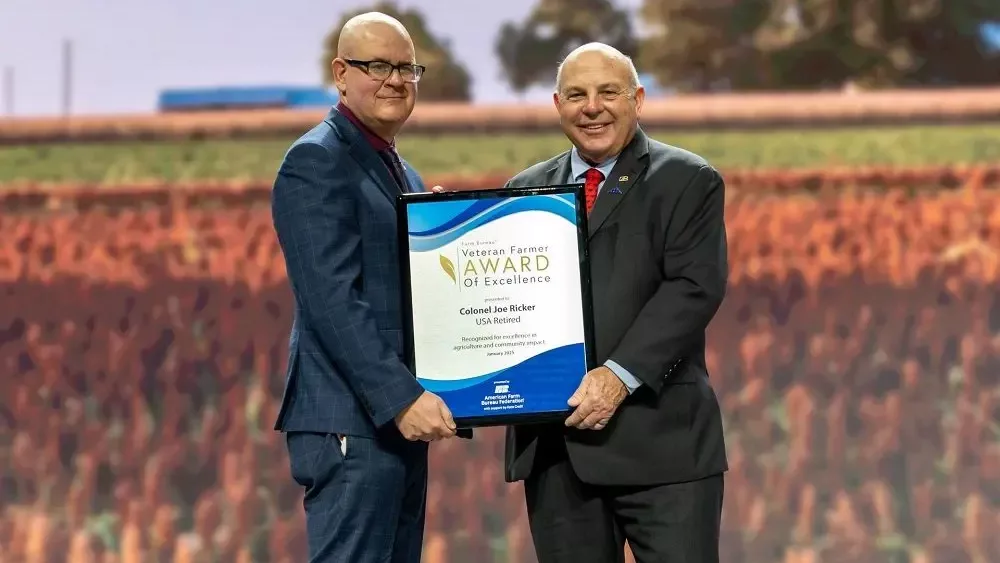
The Institute of Water Research (IWR) through Michigan State University (MSU) has received a $1 million grant from the Environmental Protection Agency (EPA) to help reduce agricultural field runoff and improve water quality in the Saginaw River watershed.
IWR will develop and implement a program to increase adoption of nutrient management practices on roughly 20,000 acres of farmland in the watershed. This work aims to improve water quality, as well as decrease nutrient runoff in the water by working through a network of farmers.
“We believe farmer-led groups have the potential to reach more producers through peer-to-peer interactions and increase adoption of nutrient management practices in the watershed,” said Jeremiah Asher, IWR assistant director.
Tuesday, one of the most significant impacts on coastal and inland freshwater habitats throughout the Saginaw Bay watershed is excess nutrient and sediment runoff entering rivers and lakes, often from agricultural production. Excess phosphorous runoff in freshwater bodies can lead to algal blooms like those in the Great Lakes in recent years. These blooms produce toxins that affect overall water quality, drinking water, recreation and tourism.
These pollutants along with contaminated sediments, degraded fisheries and loss of recreation value have affected the water quality in the Saginaw River and Bay for years. When implemented, this nutrient management program is estimated to prevent at least 7,000 pounds of phosphorus from leaving farmland fields during the three-year project.
The Saginaw River watershed is the largest contributing watershed to the Saginaw Bay and its health is critically important, not only to Lake Huron, but to the entire Great Lakes ecosystem. Saginaw Bay serves as Lake Huron’s most important source for several fish species, including walleye, and is home to some of Michigan’s most productive farm soils.
The work through this grant will improve water quality by employing a network of farmers to lead their own communities towards better nutrient management.
IWR is collaborating with the MSU Department of Biosystems and Agricultural Engineering, MSU Extension, The Nature Conservancy in Michigan, Michigan Department of Agriculture and Rural Development, Michigan Farm Bureau, Michigan Association of Conservation Districts, River Raisin Watershed Council, and conservation districts in Gratiot, Genesee, Saginaw, and Shiawassee counties on the project.
The groups will support building peer-to-peer farmer networks to greatly improve adoption of these conservation practices and reach farmers looking to improve nutrient management techniques.
Source: Michigan Statue University college of Agriculture and Natural Resources Communications





